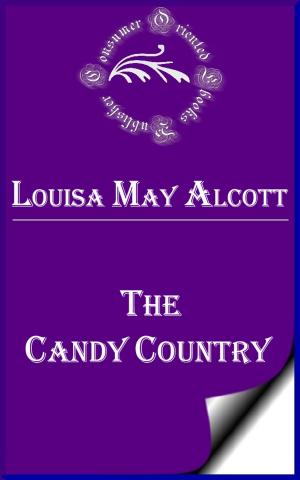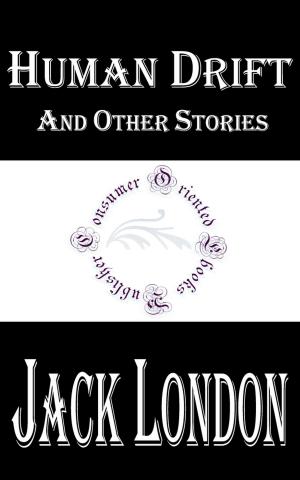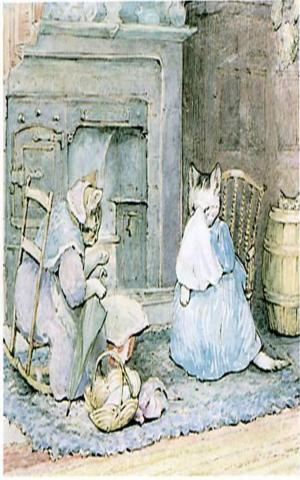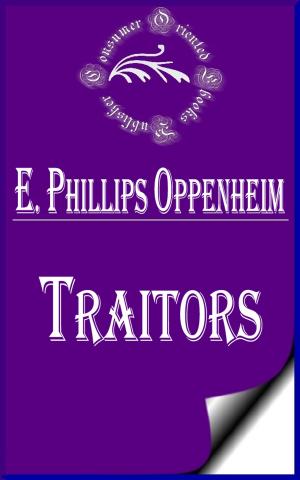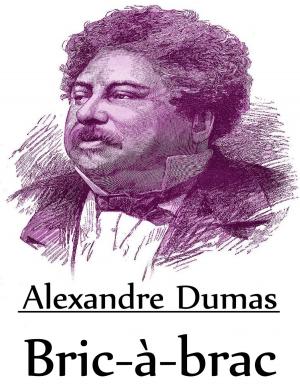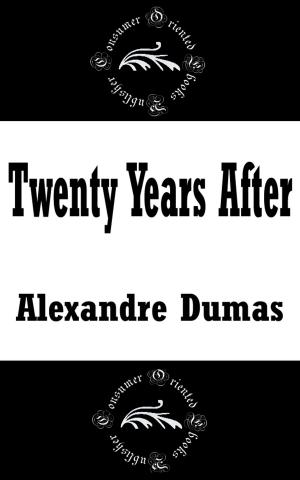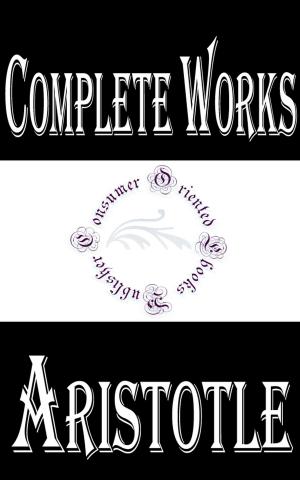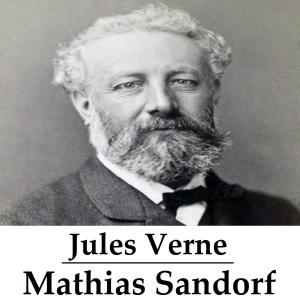Animal Story Book (Annotated & Illustrated)
Kids, Fiction, Classics, Teen, Action/Adventure, General Fiction| Author: | Andrew Lang | ISBN: | 1230000249138 |
| Publisher: | Consumer Oriented Ebooks Publisher | Publication: | June 30, 2014 |
| Imprint: | Language: | English |
| Author: | Andrew Lang |
| ISBN: | 1230000249138 |
| Publisher: | Consumer Oriented Ebooks Publisher |
| Publication: | June 30, 2014 |
| Imprint: | |
| Language: | English |
*This Book is annotated (it contains a detailed biography of the author).
*An active Table of Contents has been added by the publisher for a better customer experience.
*This book has been checked and corrected for spelling errors.
A Convenient, High Quality, Easily Navigable, But Low-Priced Edition With Beautiful, Original Illustrations.
Children who have read our Fairy Books may have noticed that there are
not so very many fairies in the stories after all. The most common
characters are birds, beasts, and fishes, who talk and act like
Christians. The reason of this is that the first people who told the
stories were not very clever, or, if they were clever, they had never
been taught to read and write, or to distinguish between Vegetable,
Animal, and Mineral. They took it that all things were 'much of a
muchness:' they were not proud, and held that beast and bird could
talk like themselves, only, of course, in a different language.
After offering, then, so many Fairy Books (though the stories are not
all told yet), we now present you (in return for a coin or two) with a
book about the friends of children and of fairies--the beasts. The
stories are all true, more or less, but it is possible that Monsieur
Dumas and Monsieur Théophile Gautier rather improved upon their tales.
I own that I have my doubts about the bears and serpents in the tales
by the Baron Wogan. This gentleman's ancestors were famous Irish
people. One of them held Cromwell's soldiers back when they were
pursuing Charles II. after Worcester fight. He also led a troop of
horse from Dover to the Highlands, where he died of a wound, after
fighting for the King. The next Wogan was a friend of Pope and Swift;
he escaped from prison after Preston fight, in 1715, and, later,
rescued Prince Charlie's mother from confinement in Austria, and took
her to marry King James. He next became Governor of Don Quixote's
province, La Mancha, in Spain, and was still alive and merry in 1752.
Baron Wogan, descended from these heroes, saw no longer any king to
fight for, so he went to America and fought bears. No doubt he was as
brave as his ancestors, but whether all his stories of serpents are
absolutely correct I am not so certain. People have also been heard to
express doubts about Mr. Waterton and the Cayman. The terrible tale of
Mr. Gully and his deeds of war I _know_ to be accurate, and the story
of Oscar, the sentimental tyke, is believed in firmly by the lady who
wrote it. As for the stories about Greek and Roman beasts, Pliny, who
tells them, is a most respectable author. On the whole, then, this is
more or less of a true story-book.
There ought to be a moral; if so, it probably is that we should be
kind to all sorts of animals, and, above all, knock trout on the head
when they are caught, and don't let the poor things jump about till
they die. A chapter of a very learned sort was written about the
cleverness of beasts, proving that there must have been great
inventive geniuses among beasts long ago, and that now they have
rather got into a habit (which I think a very good one) of being
content with the discoveries of their ancestors. This led naturally to
some observations on Instinct and Reason; but there may be children
who are glad that there was no room for this chapter.
The longer stories from Monsieur Dumas were translated from the French
by Miss Cheape.
'A Rat Tale' is by Miss Evelyn Grieve, who knew the rats.
'Mr. Gully' is by Miss Elspeth Campbell, to whom Mr. Gully belonged.
'The Dog of Montargis,' 'More Faithful than Favoured,' and 'Androcles'
are by Miss Eleanor Sellar.
Snakes, Bears, Ants, Wolves, Monkeys, and some Lions are by Miss Lang.
'Two Highland Dogs' is by Miss Goodrich Freer.
'Fido' and 'Oscar' and 'Patch' are by Miss A. M. Alleyne.
'Djijam' is by his master.
'The Starling of Segringen' and 'Grateful Dogs' are by Mr. Bartells.
'Tom the Bear,' 'The Frog,' 'Jacko the Monkey' and 'Gazelle' are from
Dumas by Miss Blackley.
All the rest are by Mrs. Lang.
*This Book is annotated (it contains a detailed biography of the author).
*An active Table of Contents has been added by the publisher for a better customer experience.
*This book has been checked and corrected for spelling errors.
A Convenient, High Quality, Easily Navigable, But Low-Priced Edition With Beautiful, Original Illustrations.
Children who have read our Fairy Books may have noticed that there are
not so very many fairies in the stories after all. The most common
characters are birds, beasts, and fishes, who talk and act like
Christians. The reason of this is that the first people who told the
stories were not very clever, or, if they were clever, they had never
been taught to read and write, or to distinguish between Vegetable,
Animal, and Mineral. They took it that all things were 'much of a
muchness:' they were not proud, and held that beast and bird could
talk like themselves, only, of course, in a different language.
After offering, then, so many Fairy Books (though the stories are not
all told yet), we now present you (in return for a coin or two) with a
book about the friends of children and of fairies--the beasts. The
stories are all true, more or less, but it is possible that Monsieur
Dumas and Monsieur Théophile Gautier rather improved upon their tales.
I own that I have my doubts about the bears and serpents in the tales
by the Baron Wogan. This gentleman's ancestors were famous Irish
people. One of them held Cromwell's soldiers back when they were
pursuing Charles II. after Worcester fight. He also led a troop of
horse from Dover to the Highlands, where he died of a wound, after
fighting for the King. The next Wogan was a friend of Pope and Swift;
he escaped from prison after Preston fight, in 1715, and, later,
rescued Prince Charlie's mother from confinement in Austria, and took
her to marry King James. He next became Governor of Don Quixote's
province, La Mancha, in Spain, and was still alive and merry in 1752.
Baron Wogan, descended from these heroes, saw no longer any king to
fight for, so he went to America and fought bears. No doubt he was as
brave as his ancestors, but whether all his stories of serpents are
absolutely correct I am not so certain. People have also been heard to
express doubts about Mr. Waterton and the Cayman. The terrible tale of
Mr. Gully and his deeds of war I _know_ to be accurate, and the story
of Oscar, the sentimental tyke, is believed in firmly by the lady who
wrote it. As for the stories about Greek and Roman beasts, Pliny, who
tells them, is a most respectable author. On the whole, then, this is
more or less of a true story-book.
There ought to be a moral; if so, it probably is that we should be
kind to all sorts of animals, and, above all, knock trout on the head
when they are caught, and don't let the poor things jump about till
they die. A chapter of a very learned sort was written about the
cleverness of beasts, proving that there must have been great
inventive geniuses among beasts long ago, and that now they have
rather got into a habit (which I think a very good one) of being
content with the discoveries of their ancestors. This led naturally to
some observations on Instinct and Reason; but there may be children
who are glad that there was no room for this chapter.
The longer stories from Monsieur Dumas were translated from the French
by Miss Cheape.
'A Rat Tale' is by Miss Evelyn Grieve, who knew the rats.
'Mr. Gully' is by Miss Elspeth Campbell, to whom Mr. Gully belonged.
'The Dog of Montargis,' 'More Faithful than Favoured,' and 'Androcles'
are by Miss Eleanor Sellar.
Snakes, Bears, Ants, Wolves, Monkeys, and some Lions are by Miss Lang.
'Two Highland Dogs' is by Miss Goodrich Freer.
'Fido' and 'Oscar' and 'Patch' are by Miss A. M. Alleyne.
'Djijam' is by his master.
'The Starling of Segringen' and 'Grateful Dogs' are by Mr. Bartells.
'Tom the Bear,' 'The Frog,' 'Jacko the Monkey' and 'Gazelle' are from
Dumas by Miss Blackley.
All the rest are by Mrs. Lang.


